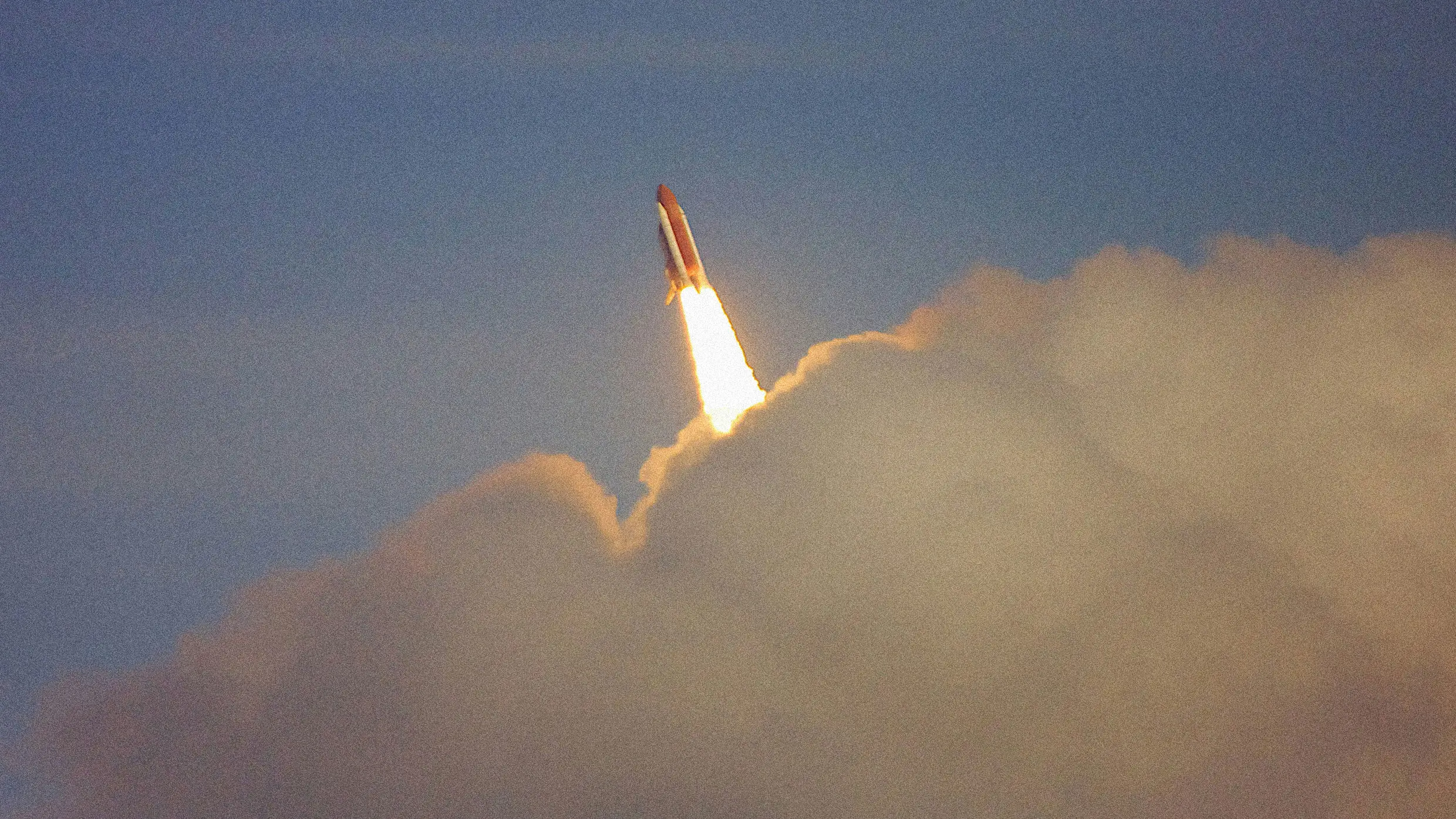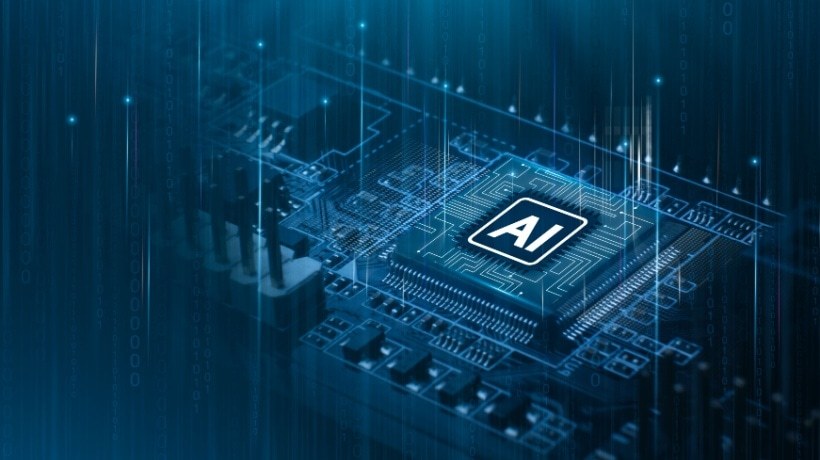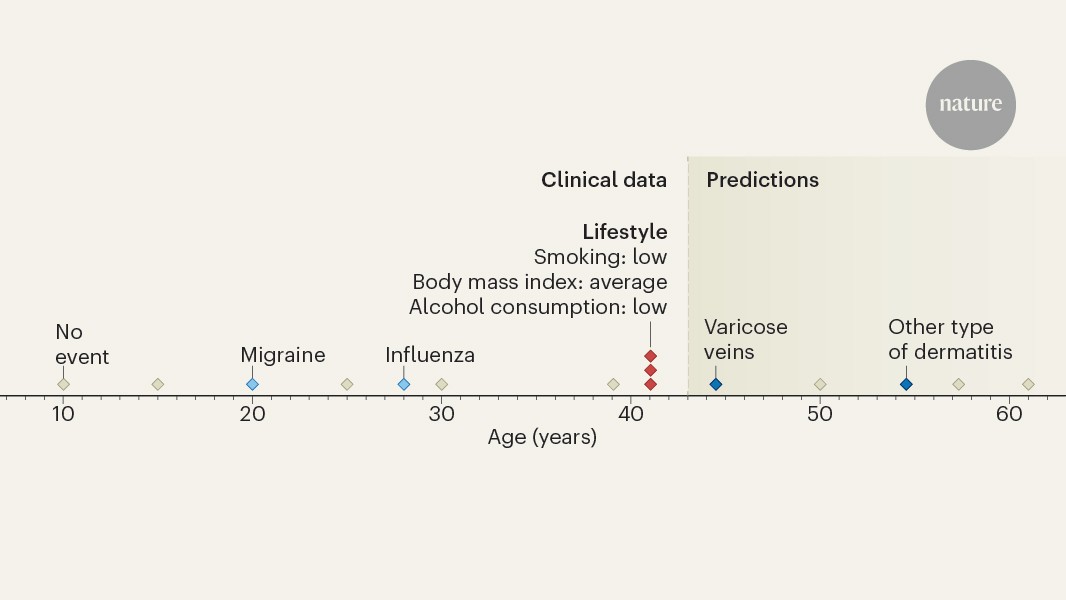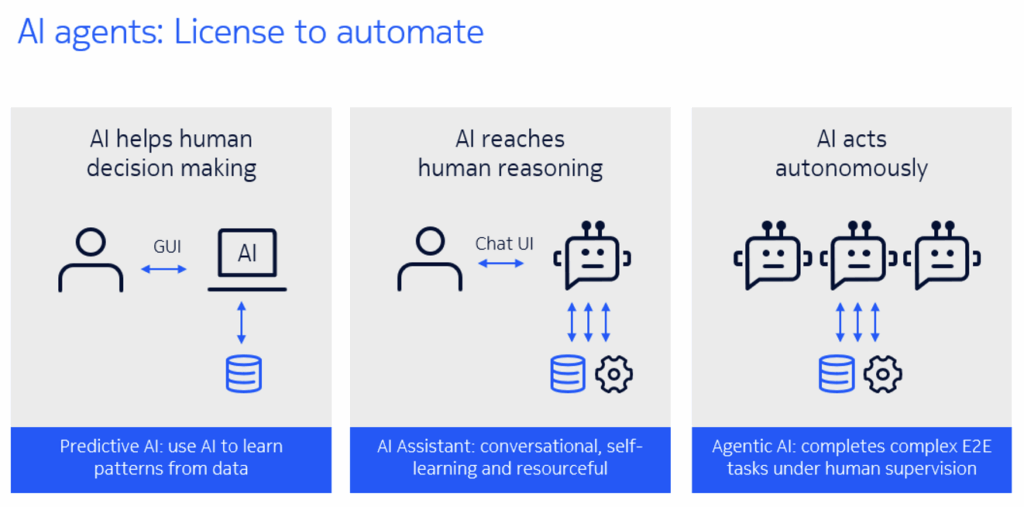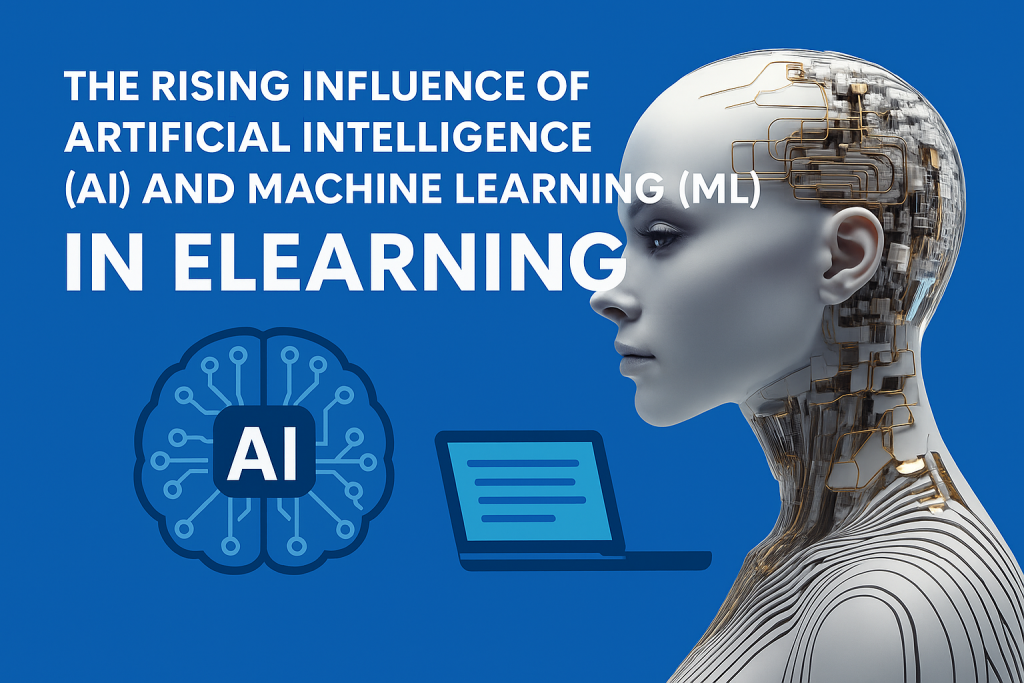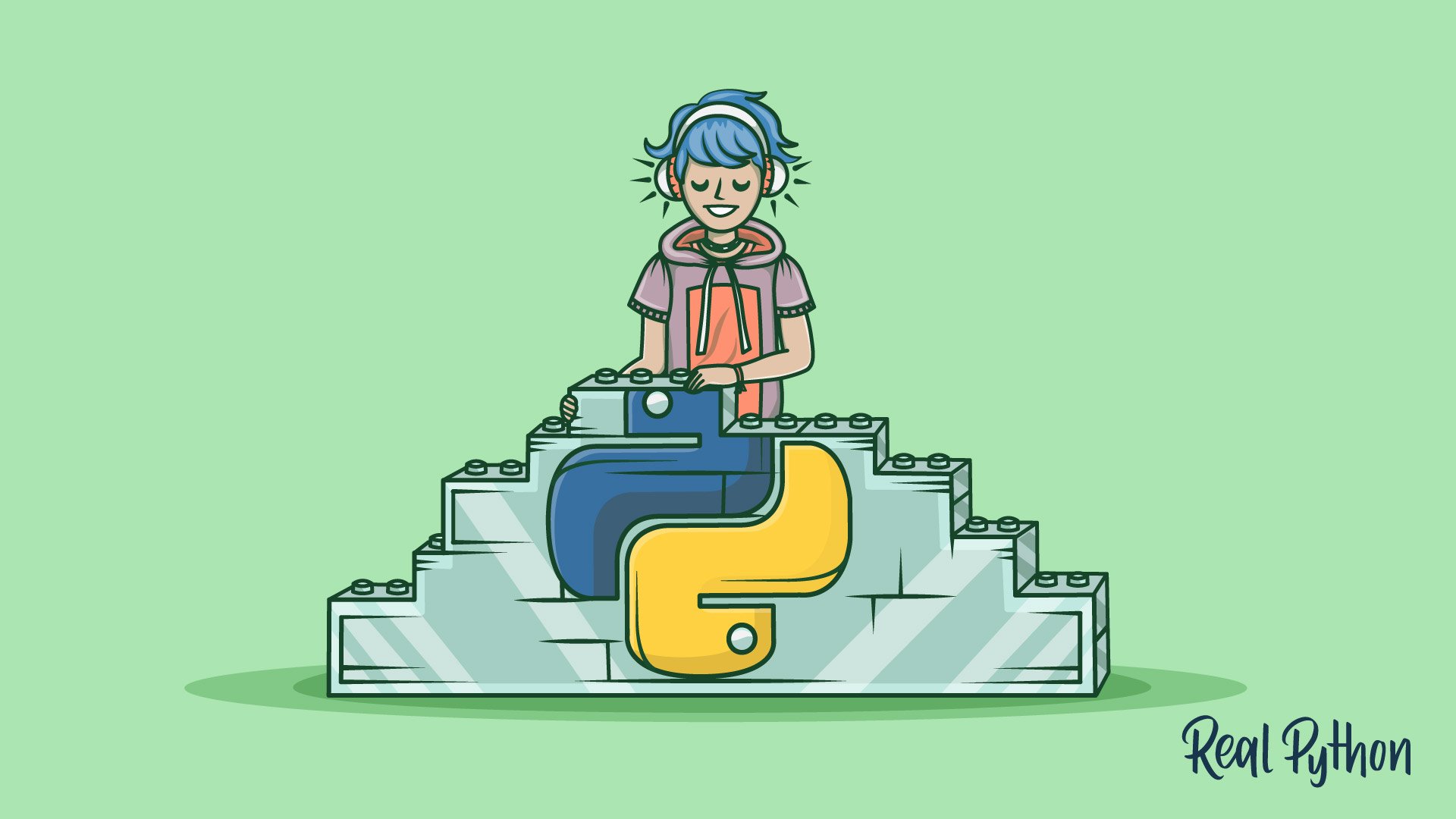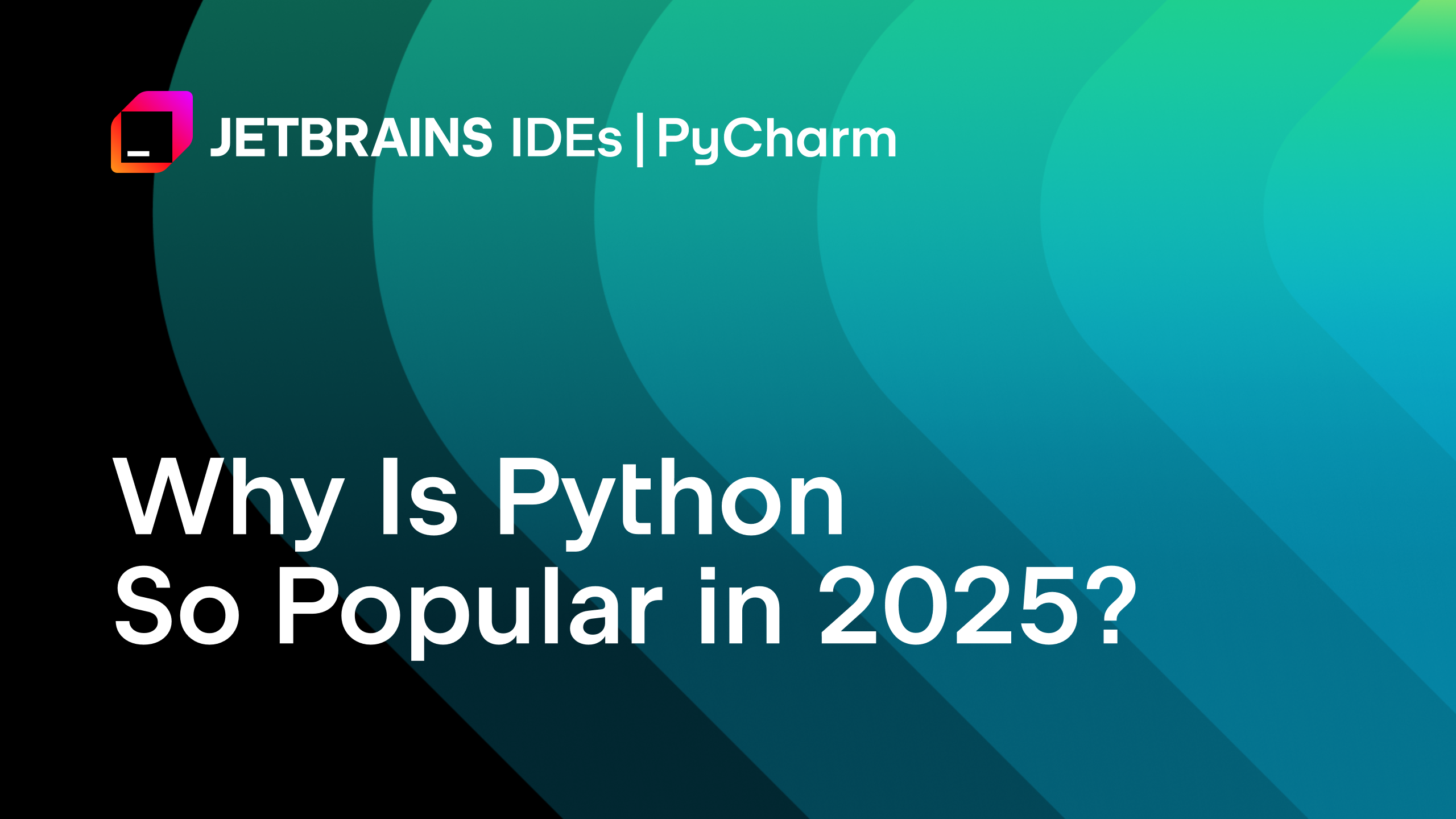fromFast Company
1 day agoThis incredible map shows the world's 2.75 billion buildings
Professor Xiaoxiang Zhu, who leads the project and is the chair of data science in Earth observation at TUM, says the real achievement is that the new map is a three‑dimensional picture of how much space people actually inhabit. "3D building information provides a much more accurate picture of urbanization and poverty than traditional 2D maps," she explains. With 3D models "we see not only the footprint but also the volume of each building."
Environment

